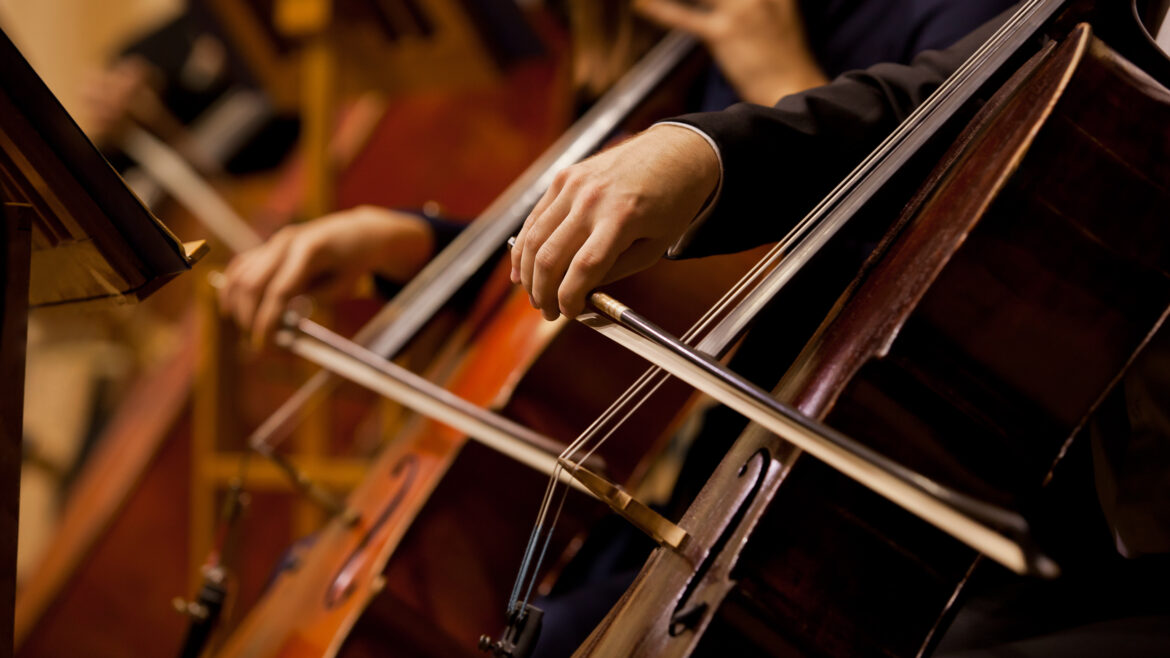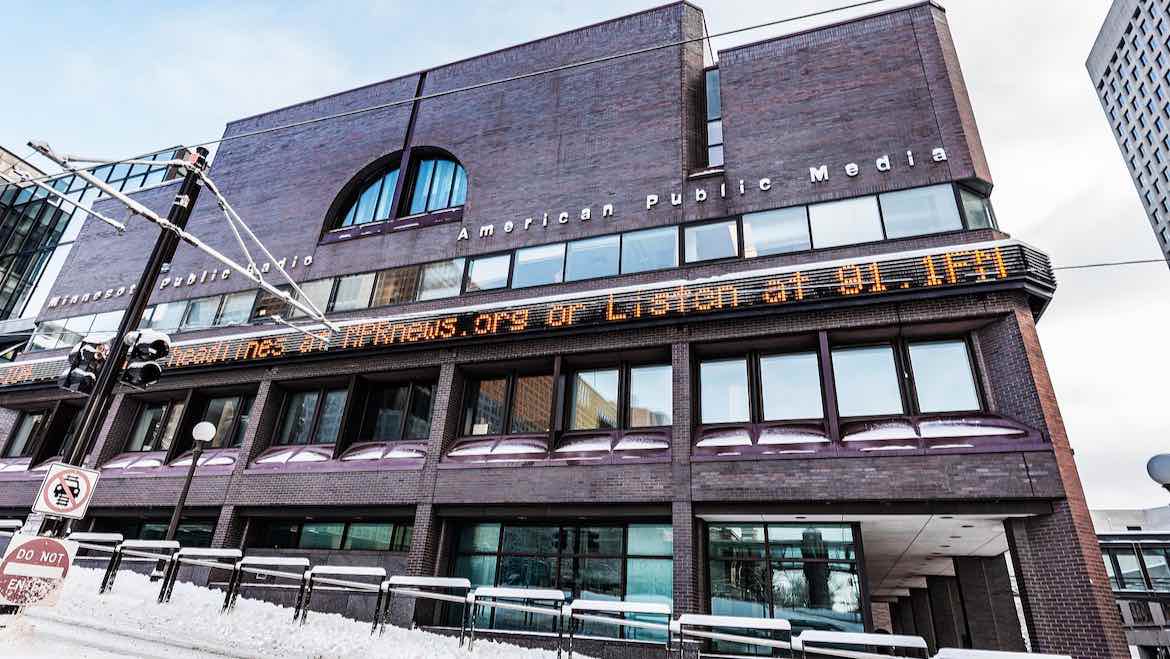KERA awaits city council approval to manage classical station

Fursteff / iStock
Under a deal that’s pending before the Dallas City Council, KERA would take over management of WRR, a 100-year-old city-owned commercial classical station.
The city council is tentatively scheduled to vote on the contract June 8, KERA CEO Nico Leone told Current. The contract stipulates that the city retains ownership of WRR, which is to remain a classical station.
The dual-licensee’s radio stations air news and Triple A, so classical is “really the major format that we don’t have,” Leone said. “So it’s a great opportunity to expand our audience and to take a service that’s been good for the community in Dallas. We think we’ve got a good opportunity to grow the audience, to provide deeper service. It complements a lot of the work we do in the arts already.”
Approval of the contract would conclude a year-long process by the city to find a nonprofit to manage the station, which broadcasts on 101.1 FM. The city issued a request for proposals in June 2021. In a statement posted on the station’s website about the RFP, the city said declining advertising revenues during the pandemic were part of the reason it sought new management.
The station has “operated at a deficit for eight years in a row, with a declining fund balance in operating reserves of $5.1M since 2012,” the statement said. “The station’s operating results have ranged from nearly breakeven to losses of over $1.2 million, not including capital obligations.”
“In many ways, classical is still alive and well on public media,” Leone said. “As a commercial format, it’s not doing well. So for us, the opportunity was to take a commercial classical station and convert it to noncommercial, where the business model is still holding up.”
Leone declined to discuss specific programming plans, but said KERA’s radio staff are looking at efforts by other public media stations to represent diversity in their music programming and audience reach.
“Classical stations, along with other types of music stations, have really been doing a lot of work to try to diversify their audiences, to diversify their playlists, to reach younger audiences,” he said. “And it seems like there are some good emerging best practices that we would be able to really learn from and implement fairly quickly if we were to be fortunate enough to take over management of WRR.”
KERA worked with Public Media Company on the deal.
If the city council votes in favor of the contract, KERA will have a six-month transition period to convert the license to noncommercial and work through staffing and programming decisions, Leone said.
In a May 16 memorandum about the contract, an assistant city manager said WRR reaches more than 200,000 listeners each week on FM and streaming platforms. The contract, which is the staff’s recommendation for “sustainably continuing WRR … as a classical station,” would last for seven years and provide two eight-year renewal options.






